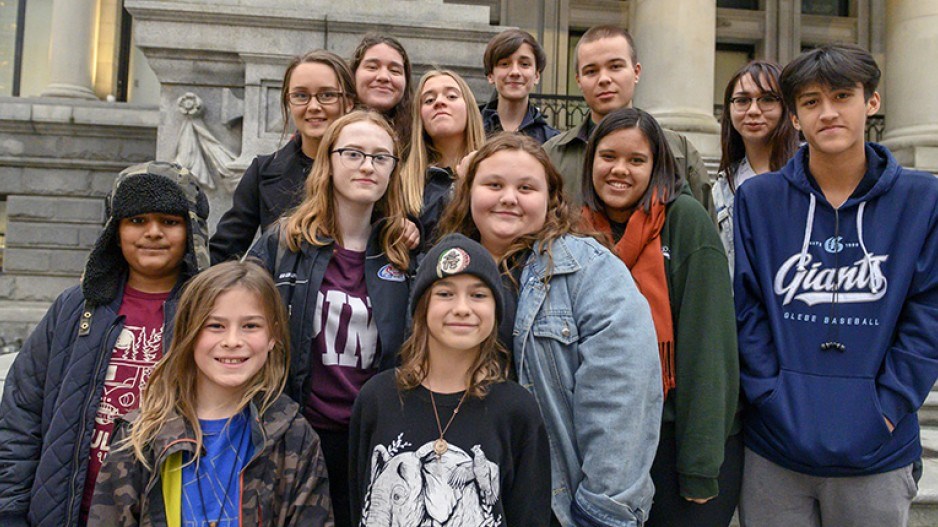Fifteen Canadian children and youth who sought a declaration of dereliction of duty on the part of the Canadian government in dealing with climate change have lost their legal challenge.
Backed in the court challenge by three environmental organizations, including the David Sukuzi Foundation, the youth in Le Rose versus Canada were seeking an order from the Federal Court of Canada that their charter rights, and rights of future generations, were being infringed by Canada’s inaction on climate change under a public trust doctrine.
Their arguments included:
- Canada’s greenhouse gas (GHG) emission targets are “inconsistent with the best available science about what is necessary to avoid dangerous climate change and restore a stable climate system”;
- Canada had failed to meet previously set reduction targets; and
- Canada was “actively participating in and supporting the development, expansion and operation of industries and activities involving fossil fuels.”
Their claim was generally broad in scope – too broad for the courts to deal with – although it did focus on one specific government policy: The Trudeau government’s purchase of -- and plans to expand -- the Trans Mountain pipeline.
“The defendants (the Canadian government) are further alleged to support fossil fuel exploration, extraction, production and consumption through subsidies to the fossil fuel industry and through the acquisition of the Trans Mountain Pipeline System, the Trans Mountain Expansion Project and the Puget Sound Pipeline System,” the court decision reads.
In response to the petition to the federal court, the Canadian government moved to strike the claim. The court granted Canada’s request, without awarding costs.
While the court acknowledged the seriousness of climate change, and the need for policies to deal with it, it determined that the claims brought against Canada were simply too broad for the court to rule on.
“The plaintiffs are effectively seeking that this court intervene in Canada’s overall approach to climate policy, for which there is no judicially manageable legal standard," Justice Michael Manson writes in his decision."Additionally, the remedies sought by the plaintiffs are not legal remedies.
“The plaintiffs’ position fails on the basis that there are some questions that are so political that the courts are incapable or unsuited to deal with them."
Tuesday's decision will be appealed, according to a joint press release issued by the David Suzuki Foundation, the Pacific Centre for Environmental Law and Litigation (CELL) and Our Children’s Trust.
“We are very disappointed with the decision but we maintain confidence in the strength of our claim and intend to appeal,” Joe Arvay, the lead lawyer for the children, said in a press release.




